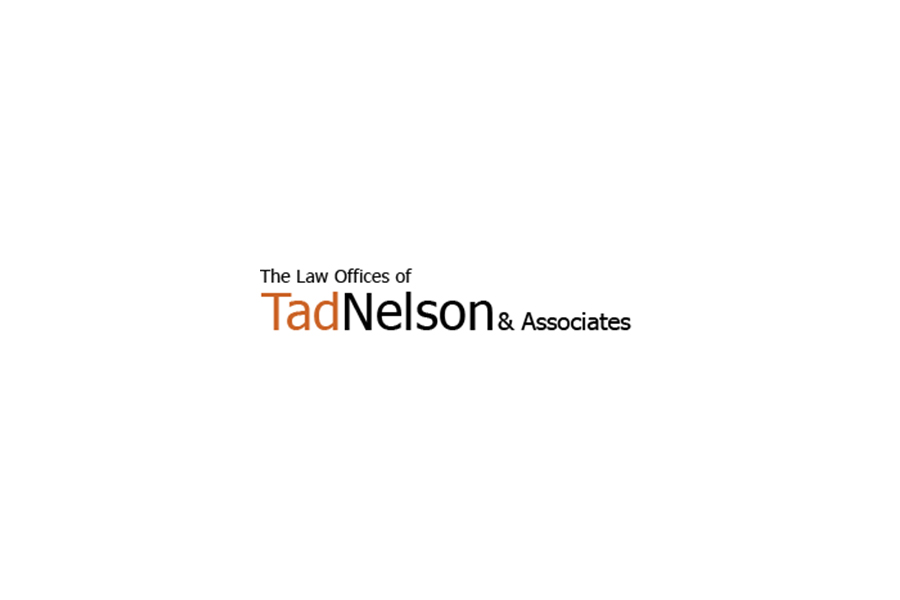Many Houston DWI arrests begin with a call to 911 or the Department of Public Safety’s motorists helpline. A driver notices another car is making wide turns, swerving across the road, or even driving off the road entirely. The astute driver suspects there may be a drunk driver at the wheel, so she pulls over to the side of the road and calls 911. She gives the emergency operator her exact location and describes the other vehicle, including its color, model, and license plate.
The dispatcher informs the police, who locate and stop the vehicle described by the tipster. The police subsequently determine the driver was, in fact, operating under the influence of alcohol. The driver is arrested and charged with a DWI.
Supreme Court OKs Anonymous Drunk Driving Tips
The Fourth Amendment protects all Texas residents against “unreasonable” searches. This means that a police officer must have a “reasonable suspicion” that someone is driving drunk before stopping them for a DWI. But does a tip communicated by another driver–who may not have identified herself to the 911 operator–constitute reasonable suspicion?
It does, according to a 2014 U.S. Supreme Court decision. In Navarette v. California, the Supreme Court considered just this scenario. An anonymous tipster called 911 and reported that another vehicle “had run her off the road.” Based on this information, police located and stopped the defendant. As it turned out, there was 30 pounds of marijuana in the vehicle. The driver and a passenger were both charged with transporting illegal drugs under California law.
The Supreme Court held the stop was constitutional. Justice Clarence Thomas, writing for the Court, said the anonymous 911 tip was enough to create “reasonable suspicion” of criminal activity, such as drunk driving or, in this case, drug trafficking. Justice Thomas noted that even though the tipster did not give her name, she provided sufficient information–i.e., the make and license plate of the defendant’s truck–for the police to consider it reliable eyewitness testimony.
A Case-By-Case Determination
The actual credibility of a drunk driving tipster varies from case to case. As the Texas Court of Appeals noted in a decision made after the Navarette case, “a tip from a citizen informant who identifies himself and holds himself accountable for the veracity and accuracy of his information” is presumed to be reliable. And even where the tip is anonymous, the Court of Appeals noted the “use of the 911 emergency system,” which can identify and trace the source of calls, provides “some safeguards” against false tips.
The bottom line is that a call to 911 is enough evidence in many cases for police to stop you on suspicion of drunk driving. If you are ultimately charged, your first call should be to an experienced Galveston criminal defense attorney. Contact the passionate criminal defense lawyers at the Law Offices of Tad Nelson & Associates today if you need to speak with an attorney. Call us at 713-802-1631. Ask for Tad or Amber.












